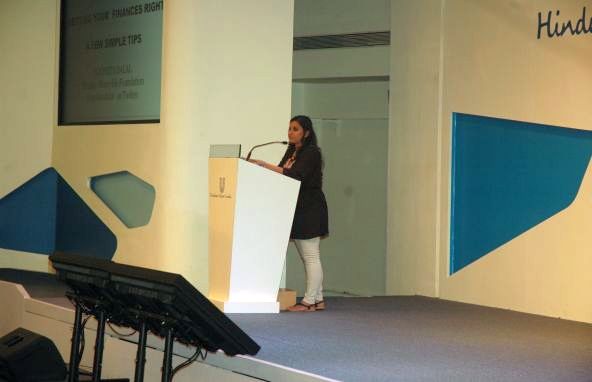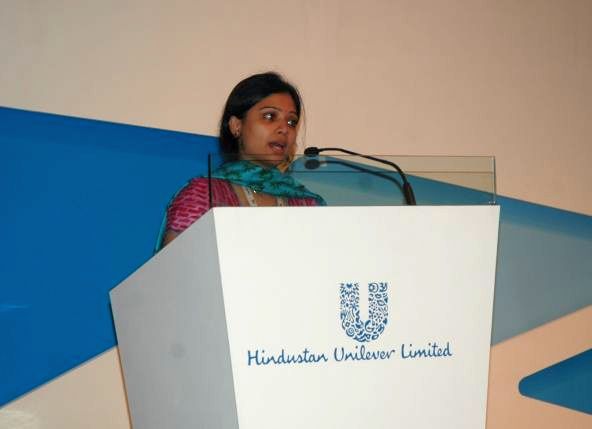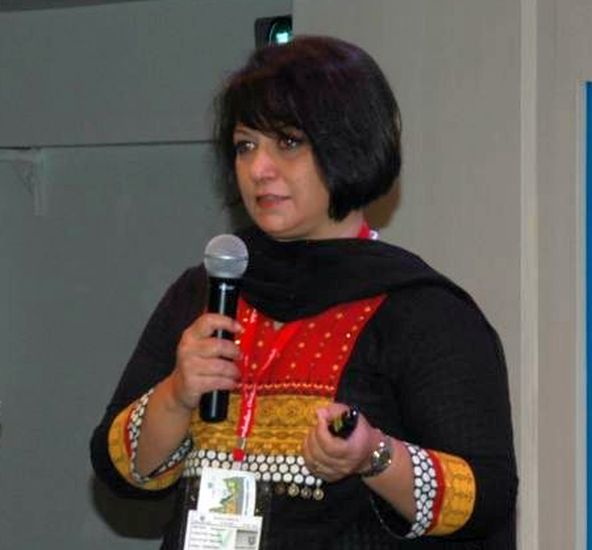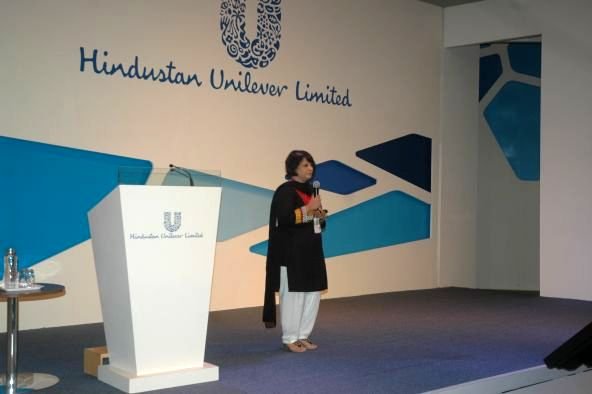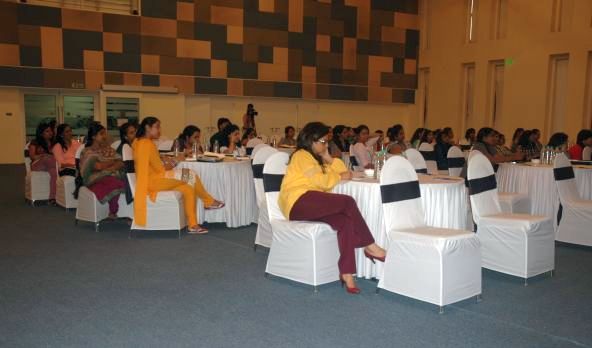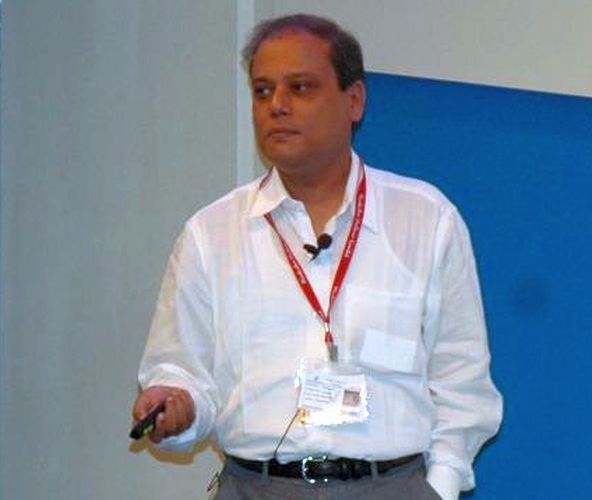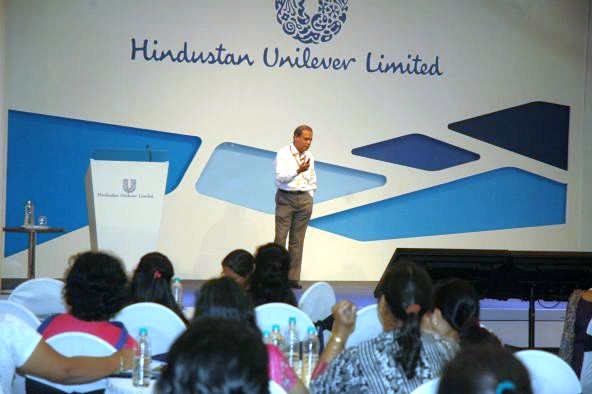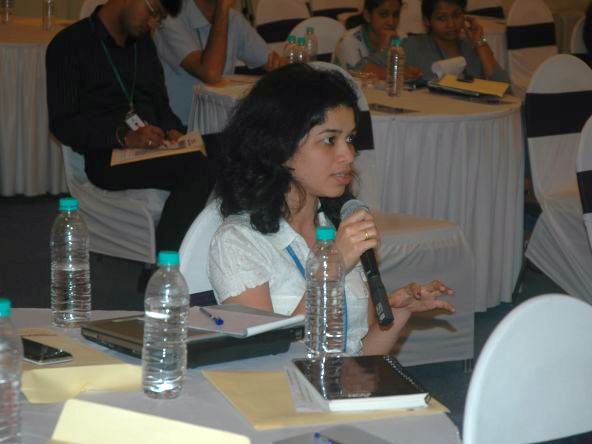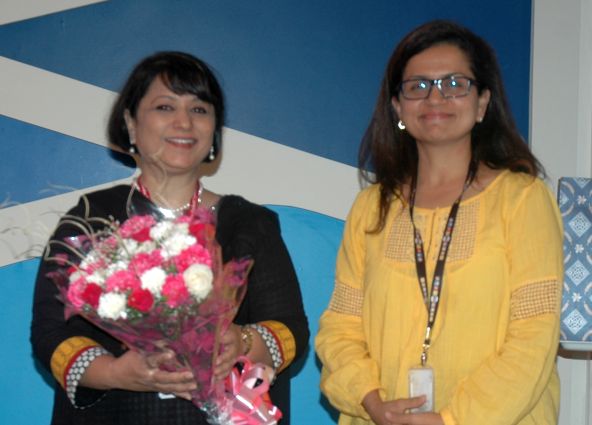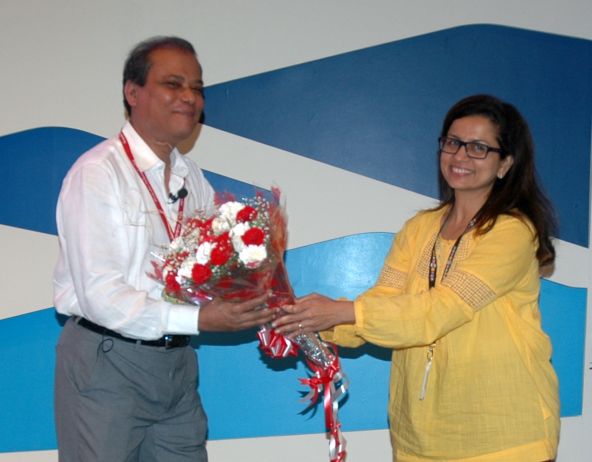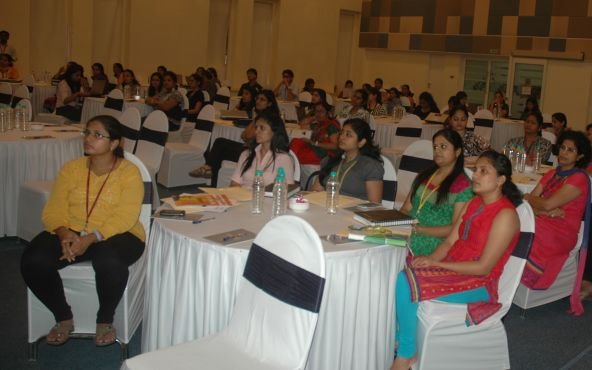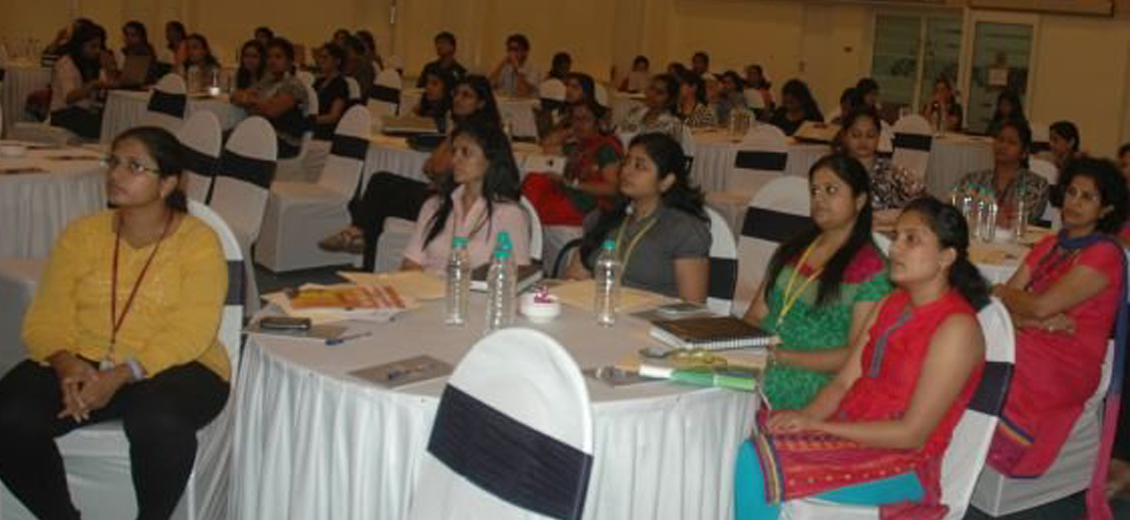
Indian women are joining the workforce in ever greater numbers. From an economy where their role was largely supportive (other than agriculture and some other parts of the rural economy), they are now becoming equal to men as contributors to the household and the larger economic output. This makes it possible for working women, professionals and others to direct their own lives and be responsible for their own decisions.
In this context, Moneylife Foundation conducted a seminar for women employed with Hindustan Unilever Limited, at their headquarters in Mumbai. Sucheta Dalal and Debashis Basu, both Founder-Trustees of Moneylife Foundation, took the audience through the various aspects of their current and future financial lives and how to deal with the challenges that it may throw up. Ms Dalal focused on the aspect of safety and security of finances, in her session, and Mr Basu spoke on the possibilities of growth and a secure future through investments and how to go about this.
In the first part of the session, Ms Dalal began with addressing the elephant in the room that women know as much if not more than anyone else, about finance. “Women outlive their partners by about five to seven years on an average and these are usually years when you live off your savings,” Ms Dalal said.
Quoting from Mrinalini Deshmukh and Fazaa Shroff’s ominously titled book, “Breaking Up,” she said that, “90% of divorce cases end up becoming conflicts over money. While I hope that someone doesn’t have to face such situations, these are contingencies one needs to prepare for.” She laid out the basic mantras to securing a working woman’s future; minimising losses, insurance, financial hygiene, emotional traps, credit and investment traps, and finally keeping finances simple.
From the pitfalls of today’s banking scenario to salesmen, she spoke about the need for avoiding unnecessary losses by indiscriminate investments. She cited the case of well-known actress Suchitra Krishnamoorthy, and explained that even when you win a fight against big financial brands, “the recouping of losses never includes the opportunity cost of the money lost, and there is no recompense for the heartburn.”
Detailing the nature of toxic multilevel marketing (MLM) schemes and the importance of quality regulation, Ms Dalal explained how to identify secure financial institutions. She then explained the intricacies and importance of having a clear will and the ease, with which this could be drawn up. She then explained the issue of the rights of married women under the Married Women Property Act. She listed some real life examples where women had been cheated of their rightful inheritances because of unclear wills and improper planning. Finally, she spoke of the role of Credit in today’s life, and how this is central to how our finances are planned. “This is especially true for salaried professionals,” she said.
In the second part of the session, Mr Basu explained the creation and (often) destruction of wealth and future prosperity among salaried professionals, like the ones who made up a bulk of the audience. “Salary does not make you rich,” he began, “so what does?” He began by discussing how most salaried women’s (and in fact even men’s) finances are stretched by regular outgoes. He stressed that the first step is inevitably creating a basic expenses map for each household. While this may be undesirable work, it is necessary.
He then listed the three factors that decide creation of wealth, “What you invest in, when you invest and how you distribute your investments, are the three factors that will create wealth for your future,” he said. He laid out a simple set of goals, like buying an apartment, marriage, education etc. and which investments help towards these goals.
The biggest question on everyone’s minds when you speak of goal-based investments or investing in general is, “how much returns will I get?” Mr Basu detailed the kind of returns that investors should realistically expect from various asset classes like equity, gold, FDs, real estate etc. Sure enough, the question of the inevitability or the need for equity investments to create growth came up next. He explained, “inflation is the single most pernicious factor affecting your long term financial wealth.”
He spoke next about the Indian investment scenario and why gold investments are really among the bad investment choices one can make. To buttress his argument to an audience which probably grew up looking at Gold as the great reserve of wealth and long term value, he pointed out the various factors that affect gold prices and how most of these factors are beyond our sphere of knowledge and hence understanding. This ultimately makes investing in gold an irrational decision at best.
Another mythbuster that Mr Basu delivered was the purported infallibility of investing in real estate and the absolute uselessness of investing through ULIPs. Coming back to investing, he explained that how you invest is as important as what you invest in. He explained the logic behind compounding and how it can deliver accelerating and humungous growth in the future if handled systematically.
He went on to give a snapshot of one of the most important questions in investing, that of asset allocation. In a way, this also answered the question of what to invest in. “Less is more even in investing, a simple financial life will cut your losses and the less you lose, the more principal you have which compounds for the future.


